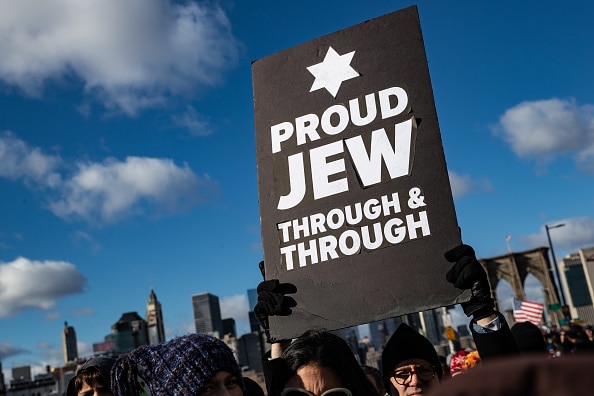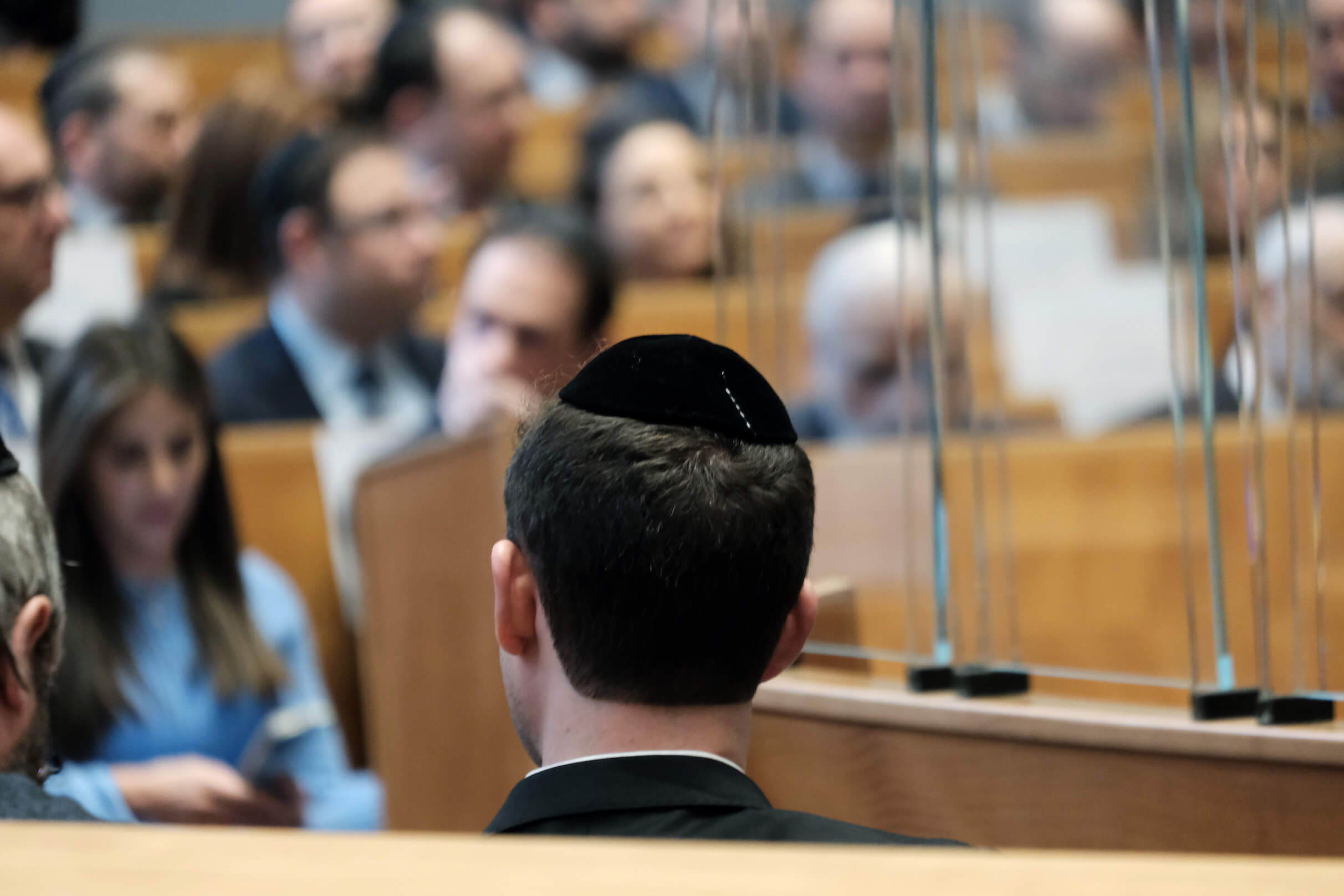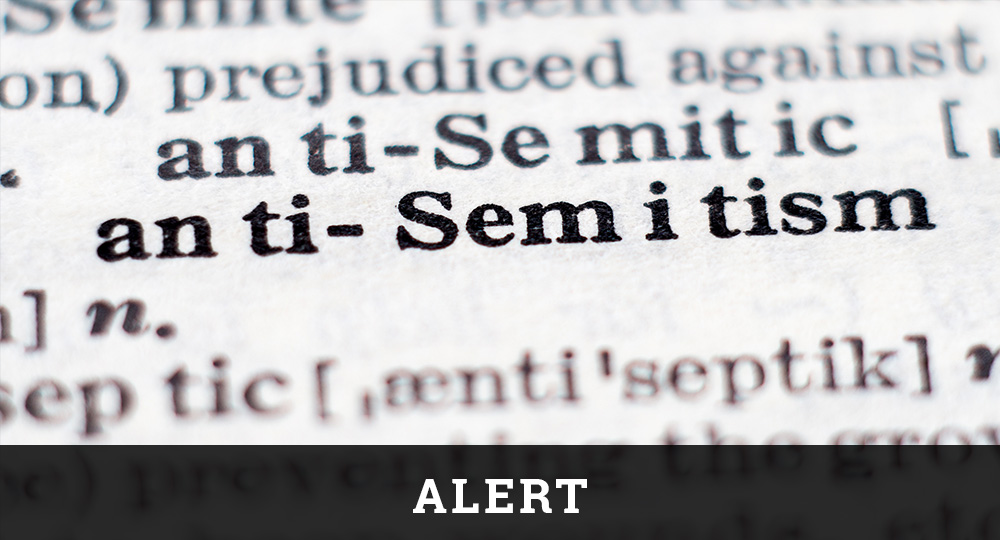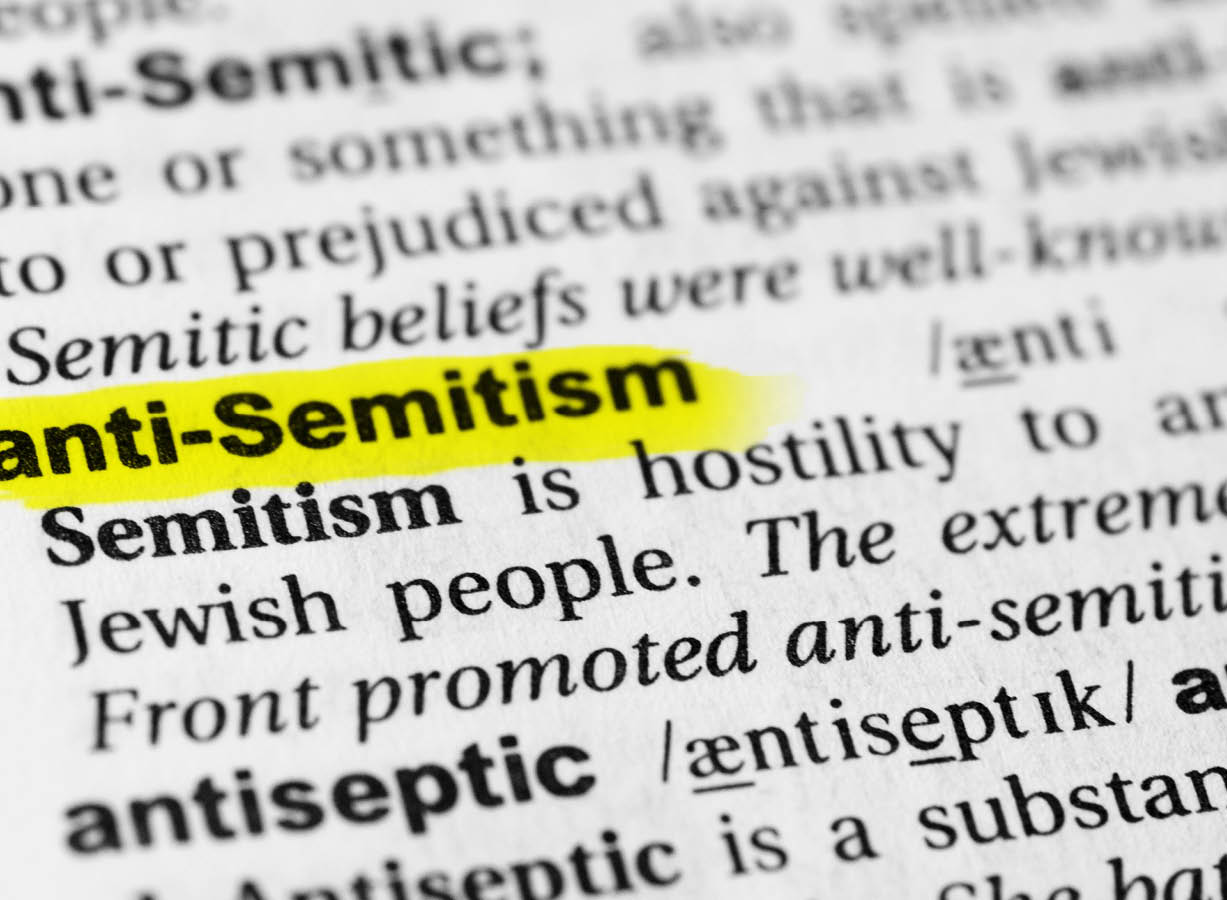Understanding Antisemitism: Insights from the United States Holocaust Memorial Museum
Table of Contents
- It's time to change how we respond to antisemitism - Unpacked
- Antisemitism Unpacked: The cyclical nature of antisemitism - The Tufts ...
- Populist Antisemitism - ECPS
- How to Fight Antisemitism – Richardson Magazine
- Populist Antisemitism - ECPS
- The Blogs: The Shadows of Hate: Antisemitism Strikes Slovenia Amidst ...
- The growing panic about antisemitism isn't a reflection of reality ...
- Learn Why The U.S. National Strategy to Counter Antisemitism Must Be ...
- The Battle to Define Antisemitism – Israel My Glory
- Antisemitism, Then and Now: Is Hatred of Jews Eternal? – The Temple ...

Antisemitism, a form of prejudice and discrimination against Jewish people, has been a persistent issue throughout history, culminating in one of the darkest periods of human history - the Holocaust. The United States Holocaust Memorial Museum (USHMM) has been at the forefront of educating the public about the dangers of antisemitism and promoting tolerance and understanding. In this article, we will delve into the concept of antisemitism, its history, and the crucial role the USHMM plays in combating it.


What is Antisemitism?

Antisemitism is a complex and multifaceted phenomenon that involves hostile behavior, prejudice, and discrimination against Jewish people based on their religious, ethnic, or national identity. It can manifest in various forms, including hate speech, violence, and discriminatory practices. Antisemitism has been present in many cultures and societies for centuries, often fueled by misconceptions, stereotypes, and fear.

A Brief History of Antisemitism

The history of antisemitism dates back to ancient times, with evidence of anti-Jewish sentiment found in the writings of ancient Greeks and Romans. However, it was during the Middle Ages that antisemitism became more widespread and violent, with Jewish communities facing persecution, expulsions, and massacres. The 20th century saw the culmination of antisemitism in the Holocaust, during which six million Jews were systematically murdered by the Nazi regime and its collaborators.


The Role of the United States Holocaust Memorial Museum
The United States Holocaust Memorial Museum was established in 1993 to serve as a living memorial to the victims of the Holocaust. The museum's mission is to educate the public about the dangers of antisemitism, hatred, and genocide, and to promote tolerance, understanding, and human rights. Through its extensive collections, exhibitions, and educational programs, the USHMM provides a comprehensive understanding of the Holocaust and its relevance to contemporary issues.

Combating Antisemitism Today
Despite the progress made in promoting tolerance and understanding, antisemitism remains a significant concern in the United States and around the world. The USHMM plays a vital role in combating antisemitism through its educational programs, research initiatives, and community outreach efforts. By providing accurate information, promoting critical thinking, and fostering empathy, the museum helps to counter misconceptions and stereotypes that fuel antisemitism.
In addition to its educational programs, the USHMM also serves as a resource for policymakers, law enforcement officials, and community leaders, providing them with the knowledge and tools to address antisemitism and hate crimes effectively. The museum's work is crucial in promoting a culture of respect, inclusivity, and human rights, and in ensuring that the lessons of the Holocaust are not forgotten.
Antisemitism is a complex and persistent issue that requires a comprehensive and sustained effort to combat. The United States Holocaust Memorial Museum is at the forefront of this effort, providing education, research, and community outreach programs to promote tolerance, understanding, and human rights. By learning from the past and working together, we can create a more just and equitable society, free from the scourge of antisemitism and hatred. As we move forward, it is essential to remember the lessons of the Holocaust and to continue the important work of the USHMM in promoting a world where everyone can live with dignity and respect.
If you are interested in learning more about antisemitism and the work of the United States Holocaust Memorial Museum, please visit their website at https://www.ushmm.org/. Together, we can make a difference and create a brighter future for all.